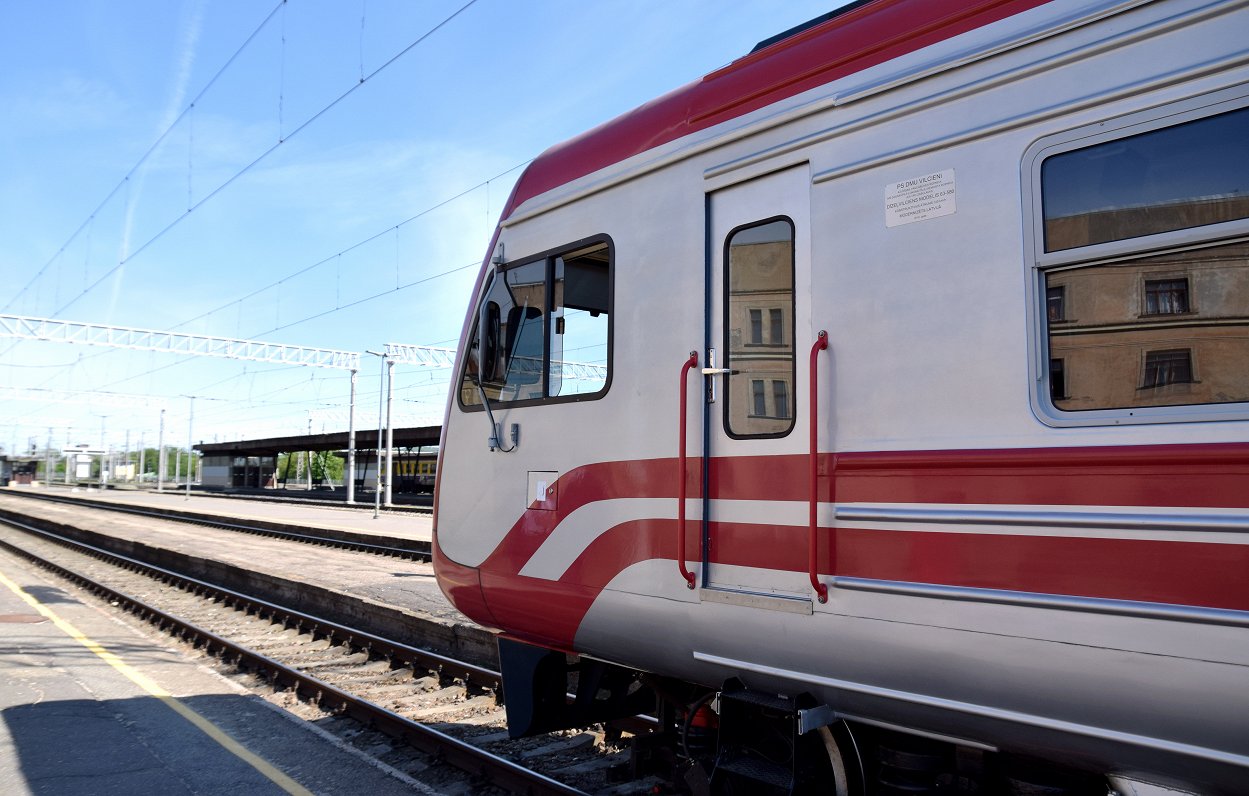€242 million is needed for the purchase of new trains, as well as €14 million for reconstruction of train repair facilities, said Linakits. "We, the Transport Ministry, will accept the obligations that will have to be honored in five years," said Linkaits, adding that the entire funds would not be spent in one year. This year, for instance, an advance payment will have to be made in the amount of 15% of the contract amount, he explained.
Part of the funds necessary for the electric train procurement project could be taken from the Skanste tramway project, but this will have to be agreed upon with the European Commission. According to Linkaits, there have been "rather positive" indications from the Commission that shifting funds from the Skanste tramway project to buying electric trains could be approved.
Later on July 16, the Cabinet of Ministers will decide on financing for purchase of new electric trains for the joint-stock company and the state budget's long-term liabilities.
As reported, the Public Procurement Monitoring Bureau has turned down a complaint filed by Spanish company Patentes Talgo S.L. (Talgo) about procurement of new electric trains by Pasažieru Vilciens, permitting the Latvian company to sign contract with Škoda.
Taking into account the Procurement Monitoring Bureau's decision, Pasažieru Vilciens at the end of May revised bids submitted by prospective electric train suppliers, and selected Škoda Vagonka's offer as the winning bid.
Four companies offered to supply 32 new electric trains for Pasažieru Vilciens - Talgo, Polish subsidiary of the Swiss company Stadler, Spain's Construcciones y Auxiliar de Ferrocarriles (CAF), and Škoda.
Pasažieru Vilciens initially picked Talgo's bid, which offered to provide the new trains for €225.303 million. However, after Škoda Vagonka and CAF filed protests against the negotiations procedure, the Procurement Monitoring Bureau banned Pasažieru Vilciens to sign contract with Talgo. After a repeat review of the bids, Pasažieru Vilciens decided to sign contract with Škoda, which was asking €241.888 million for the new trains.
Pasažieru Vilciens reported that the tender’s original winner, Spanish company Talgo, had offered to supply the trains for a lower price but that the maintenance costs offered by Škoda for the trains’ 35-year lifecycle were lower, which meant lower overall costs.






























